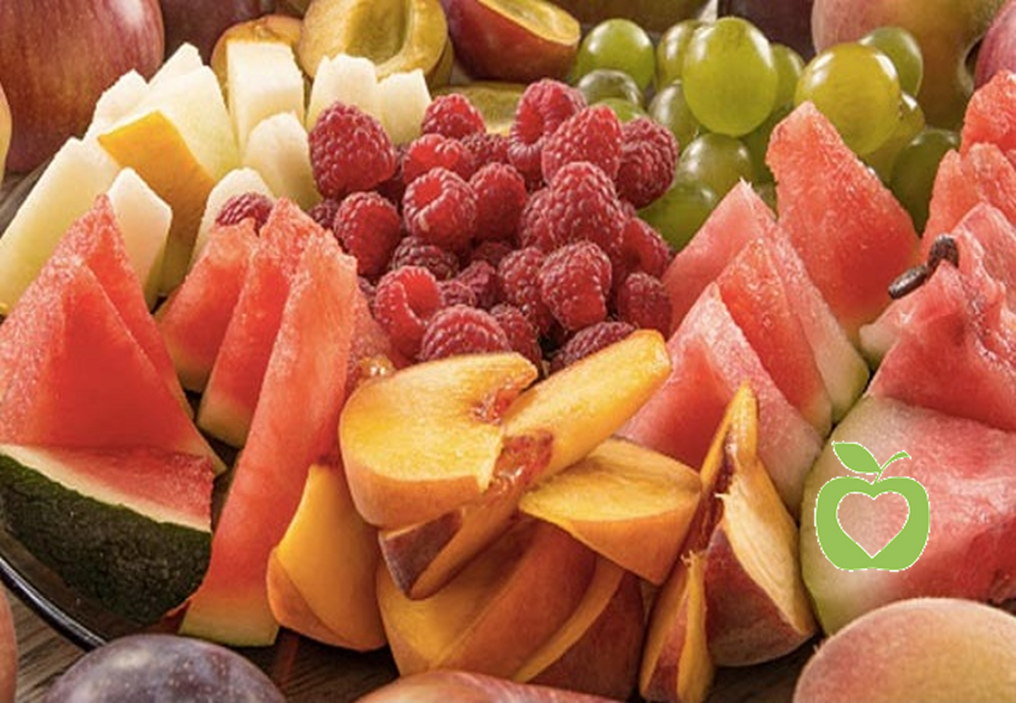Fruits are an essential part of a healthy diet, packed with essential vitamins, minerals, and antioxidants. However, there is often confusion about the best time to consume fruits for maximum nutritional benefits. In this in-depth article, we will demystify the topic and provide you with five valuable tips on the best time to eat fruit. By understanding these tips, you can optimize your fruit consumption and enhance your overall well-being.
Tip 1: Eating fruits on an empty stomach
One common myth is that fruits should always be consumed on an empty stomach for better digestion. While it is true that fruits are quickly digested, there is no harm in consuming them with other foods. In fact, pairing fruits with a source of protein or healthy fat can help slow down digestion, stabilize blood sugar levels, and provide a more sustained release of energy.
Tip 2: Considering the glycemic index
The glycemic index (GI) measures how quickly carbohydrates in foods raise blood sugar levels. Some believe that consuming fruits with a lower GI in the morning or before physical activity can provide a sustained energy boost. However, it’s important to note that most fruits have a moderate to low GI, making them suitable for consumption throughout the day. Focus on incorporating a variety of fruits into your diet rather than strictly adhering to specific timing guidelines.
Tip 3: Tailoring fruit consumption to personal preferences
While general guidelines can be helpful, individual preferences and needs should also be taken into account. Some people may experience digestive discomfort when consuming fruits on an empty stomach, while others may find it energizing. Pay attention to your body’s responses and adjust your fruit intake accordingly. Listen to your hunger cues and incorporate fruits into your meals and snacks in a way that works best for you.
Tip 4: Timing based on physical activity
Timing your fruit consumption around physical activity can have benefits. Consuming fruits before a workout can provide a quick source of carbohydrates for energy, while having them after exercise can aid in replenishing glycogen stores. Experiment with eating fruits before and after your workouts to see how it affects your energy levels and recovery.
Tip 5: Incorporating fruits into balanced meals
Instead of fixating on specific timing, focus on including fruits as part of balanced meals throughout the day. Incorporate a variety of fruits into your breakfast, lunch, dinner, and snacks. This approach ensures a steady intake of nutrients and allows for better absorption due to the presence of other macronutrients.
Conclusion
The best time to eat fruit is not limited to strict rules or myths. It largely depends on personal preferences, individual needs, and overall dietary patterns. Instead of obsessing over specific timing guidelines, aim to incorporate a diverse range of fruits into your daily meals and snacks. Enjoy the natural sweetness, vibrant colors, and numerous health benefits that fruits offer, regardless of the time of day. Remember, a balanced diet that includes fruits along with other nutrient-dense foods is key to achieving optimal health and well-being.

